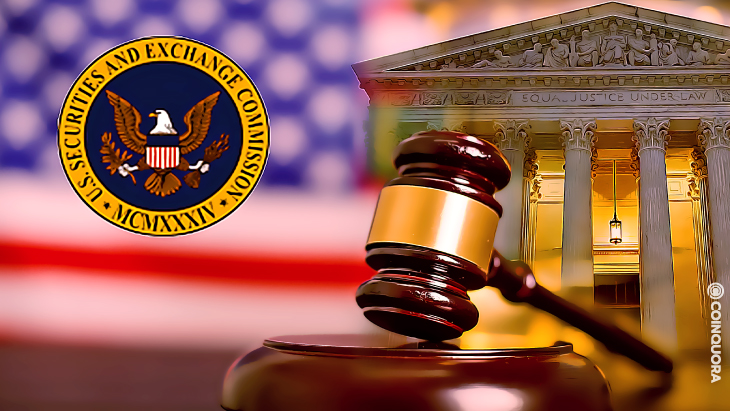Regulation News
- A US Supreme Court has rolled out a decision to curb the Environmental Protection Agency’s power to regulate greenhouse gas emissions.
- The Supreme Court’s emissions ruling may be bad news for the SEC.
- The SEC is working on a contentious new regulation requiring companies to disclose their direct and indirect emissions of greenhouse gases.
On Thursday, the US Supreme Court (SC) ruled that the EPA’s authority to regulate power plant emissions is limited. Experts said it raises concerns about other federal agencies and suggests the court may block subsequent attempts to write major regulations.
This recent ruling by the SC will have a huge impact on how the Securities and Exchange (SEC) regulates businesses and their emissions. This could mean that the SEC’s authority when it comes to regulating businesses is limited.
The data is required by the SEC to allow investors to make informed decisions,
Notably, the SEC is investigating Ripple for failing to register the sale of XRP as a security, which has resulted in a lawsuit.
The SEC’s attitude to cryptocurrencies is based on a broad interpretation of its own power, according to Kyvan Sadeghi, a partner at Zener & Block. Even outside the realm of financing, digital tokens seek to identify themselves as securities.
According to him, some trial courts have contested the SEC’s definition of what constitutes a security based on the SEC vs. WJ Howe Company case.
“The court has demonstrated a firm understanding of broad regulatory power,” Sadeghi explains. Should the Supreme Court decides on a crypto case, it may have little to do with cryptocurrencies and everything to do with the authority of regulators.
The recently passed legislation restricts the SEC’s power to regulate certain types of crypto, such as alternative digital assets distributed as part of a fundraising strategy that may be recognized as securities under existing law and considered as an offer.


